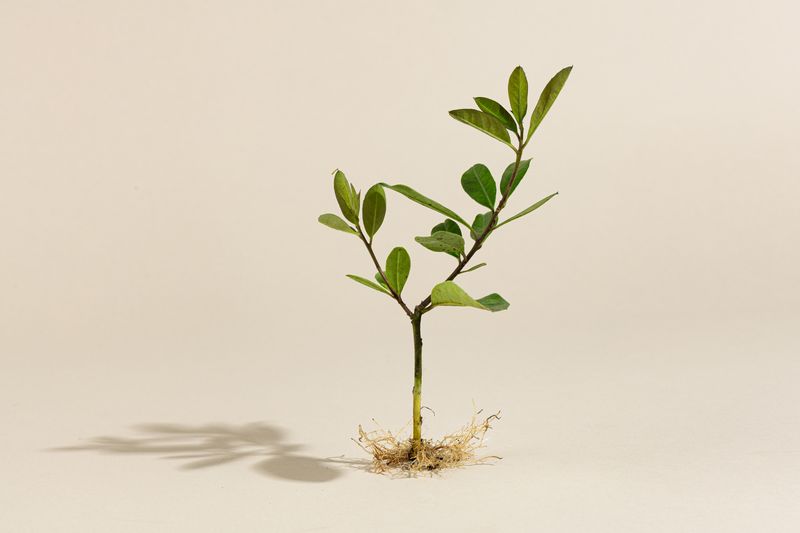
Every order placed* = One Tree Planted
While understanding, both as a business and as individuals, we have a way to go in reducing our impact on the environment, we wanted to continue to make progress towards this important goal. Since July 2023, with your kind support, we have been proudly partnering with One Tree Planted to contribute to reforestation projects across India and Indonesia.
It is our hope that through this shared commitment of planting one tree for every order placed, we can improve biodiversity, reduce carbon, and ultimately reduce the environmental impact on our home planet.
*Orders placed in Love Tea store or via lovetea.com.au.
How does reforestation help the environment?
By planting trees in areas that have suffered deforestation, this process of reforestation helps the environment by accelerating the re-establishment of a healthy forest structure by regrowing the forest canopy and preserving biodiversity within the ecosystem.
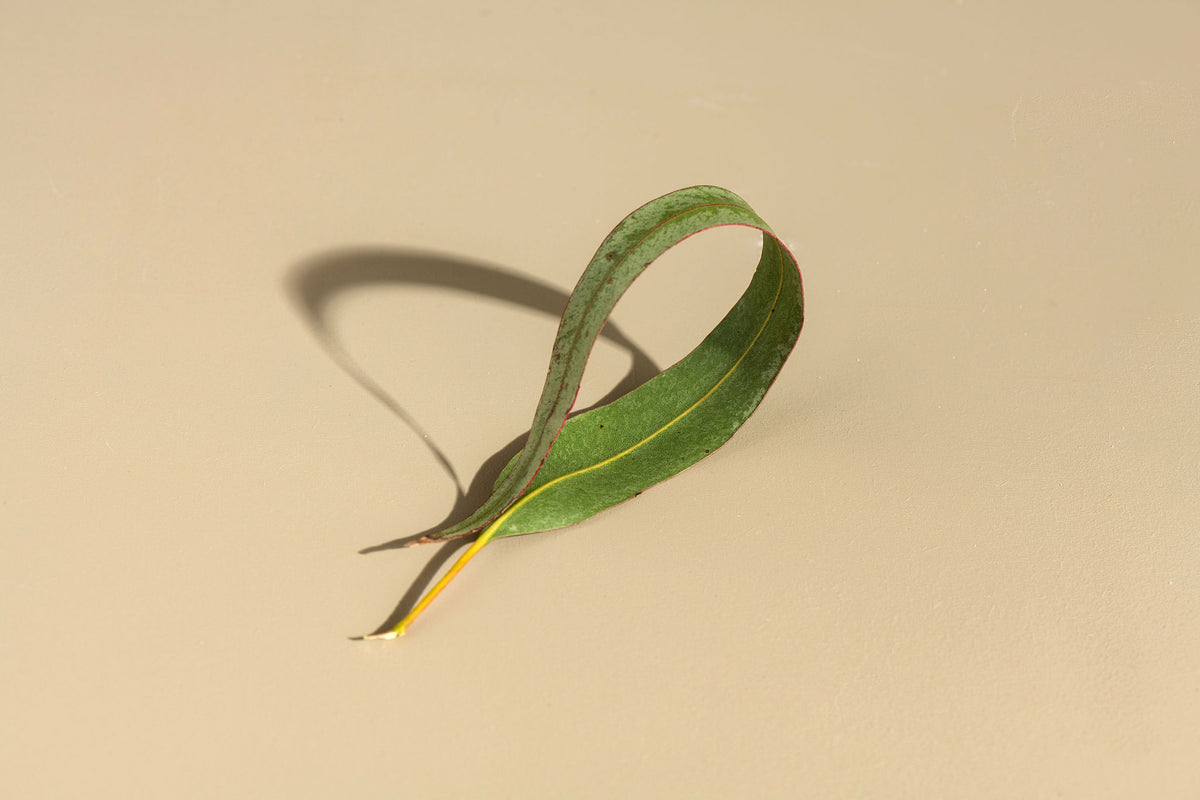
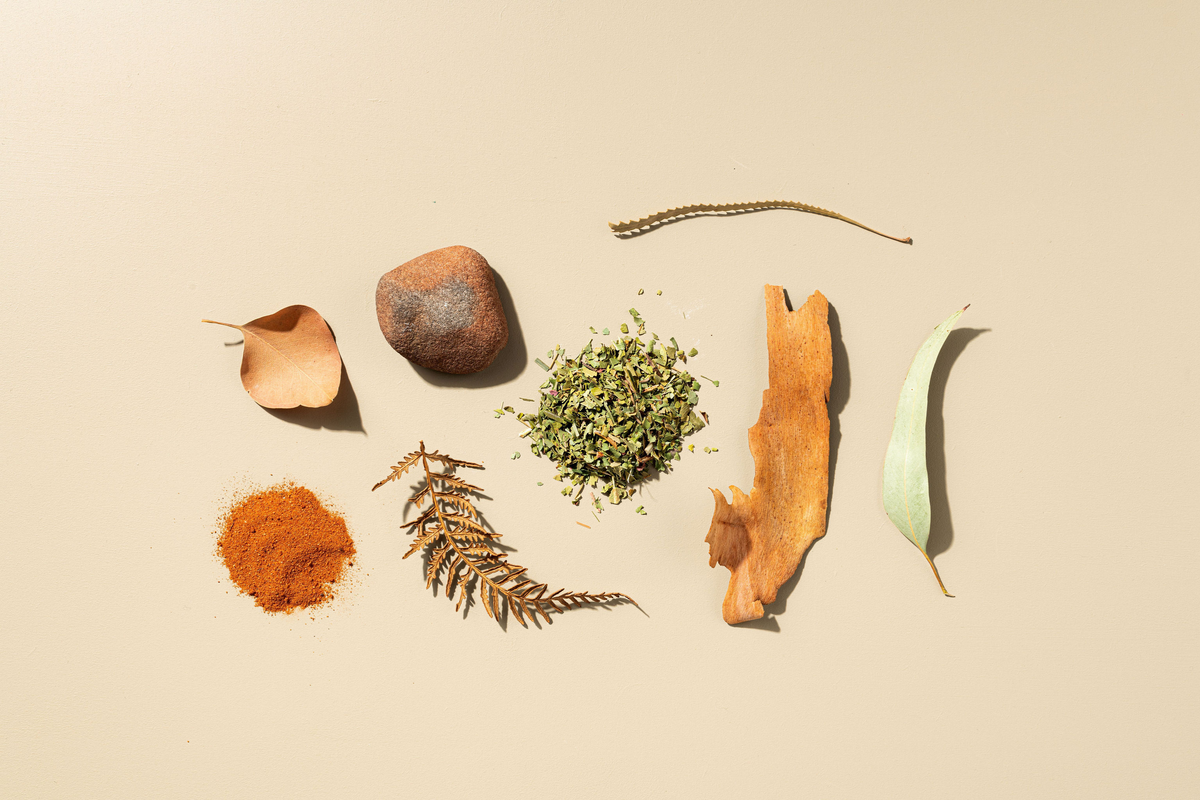
Reforestation Benefits
Some of the many benefits of undertaking reforestation projects are:
- Helps carbon sequestration by fixing atmospheric carbon dioxide in plant leaves, trunks, and roots.
- Removes air pollutants by absorbing into plants leaves and bark.
- Prevents soil erosion by growing roots that hold the soil together.
- Provides habitat for over 80% of the world’s terrestrial biodiversity.
- Acts as natural air conditioners by reducing ambient air temperatures by up to 8° Celsius.
- Helps to protect endangered species.
- Filters drinking water through the plants roots.
- Helps prevent floods and landslides by absorbing water and slowly releasing it via transpiration
2023 Contributions
With sincere thanks for your ongoing support, our most recent contribution will be split between two locations that are currently in acute need
Peat-swamp restoration in Borneo
What?
Over 4500 trees planted.
Where?
The Sabangau National Park in Southern Borneo, which is one of the largest terrestrial carbon stores in the world and suffered catastrophic fires in 2015.
Why?
The peat-swamp forests of Sabangau National Park are globally significiant, as one of the largest terrestrial carbon stores in the world. The area suffered catastrophic fires in 2015, impacting approximately 83,000 hA. This restoration project uses a grassroots approach to tackle the root causes of forest loss and protect reforested areas for the long-term.
Our on-ground partners support local communities to collect seeds from the forest and grow them in nurseries on their land until they are ready to plant; then provide training, resources and additional income when seedlings are purchased for restoring burnt peatland.

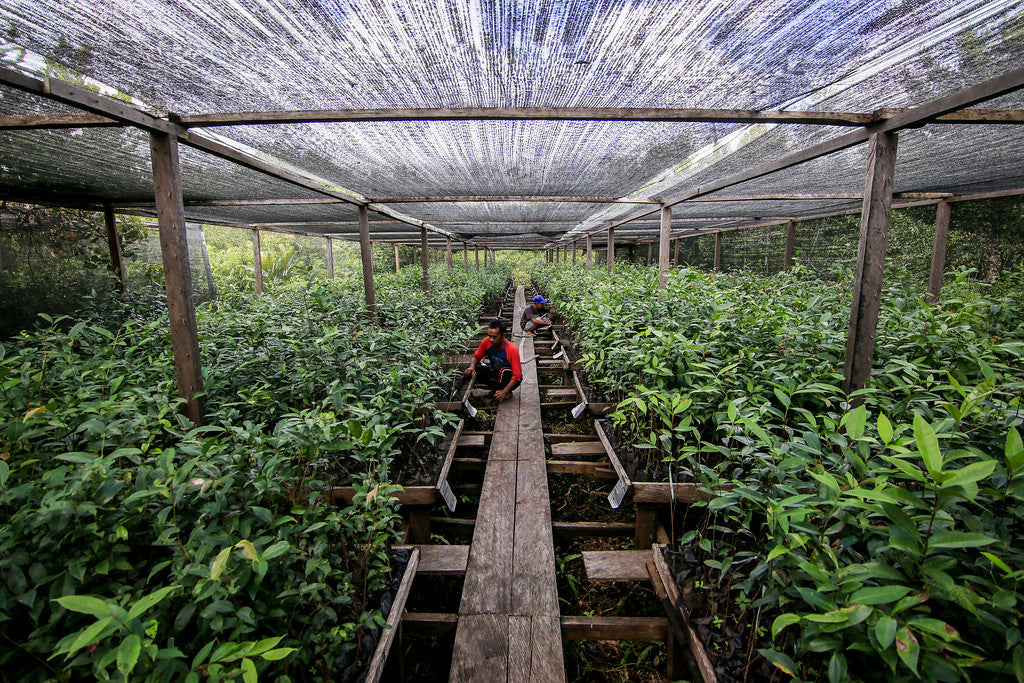
A diverse eco-system
This season, 250,000 trees will be grown and planted – a mix of 7 native species to Sabangau, including Shorea balangeran and Dyera lowii (both listed as vulnerable with IUCN). Sabangau National Park is a hotspot for biodiversity. This includes the world’s largest protected population of Critically Endangered Bornean Orangutans, the region’s flagship species and the discovery of which led to the creation of the National
Park in 2004.
As well as orangutans, this forest is important for other primates including the white-bearded gibbon, red leaf monkey, slow loris and pig-tailed macaque. Other threatened species which are abundant in Sebangau include the rhinoceros hornbill, sun-bear, ramin tree and Sunda clouded leopard. Restoring riverine locations is particularly important for species like the proboscis monkey, Storm’s stork and false gharial. The peat-swamp habitat is particularly important for freshwater fish, many of which spawn in small pools inside the seasonally-flooded forest.
Supporting coffee farming communities in Karnataka, India
What?
Over 4500 trees planted.
Where?
In Karnataka, Southwest India, your support will enable us to provide trees and the infrastructure for planting for a projects focused on improving water security and livelihoods in the Kaveri River Basin.
Why?
Karnataka faces a severe water crisis. The Kaveri, India’s third-largest river, is a critical source of water for southern Indian states, including Karnataka, and extends over an area of 87,900 square kilometers across India. The Kaveri River is not only the primary source of drinking water for growing urban populations, but it is also important for India’s economy as the key water source for agriculture and food production as well as for the manufacturing industry. However, Karnataka has been heavily impacted by climate change and the Kaveri is drying up; since 1950, the river’s flow has shrunk by 40%.
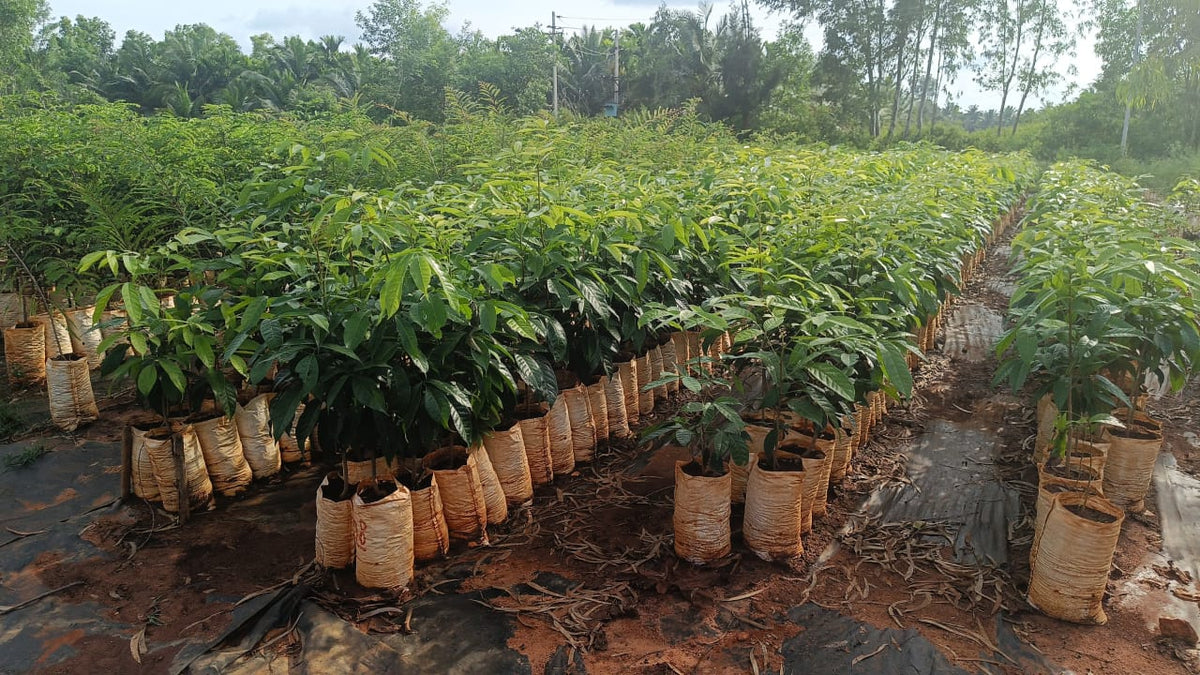

Restoring balance
Poor soil health and water management, and increasing deforestation are key drivers of water cycles. Together they are leading to more frequent and severe floods and droughts, longer periods between rainfalls and then more intense rains that the soil cannot retain. This has resulted in a severe water crisis, leading to lost homes and livelihoods, high poverty rates, and greater food insecurity for the affected communities.
Tree planting in the Kaveri River Basin is vital for preserving the natural environment’s functions and can restore balance to a region’s ecology and economy. This reforestation project is planting 100,000 trees to regenerate the landscape and strengthen the livelihoods of those who depend on it. The project focuses on the Chikmagalur district, working with Rainforest Alliance coffee farmers to plant native species that are fast-growing, provide significant canopy that is important for providing shade to coffee plants, and have a leaf structure that is beneficial for the degraded soil. Training and technical guidance will be provided to farmers to support the success of the project.
"We are not perfect - we have an impact on the environment by the fact of our very existence -
but we are constantly seeking to learn, improve and progress towards a better way of not only
doing business but living on this planet. We believe we can be part of positive change by
improving the way we conduct ourselves and our business while we’re here"
- Emma and Damien, founders of Love Tea




